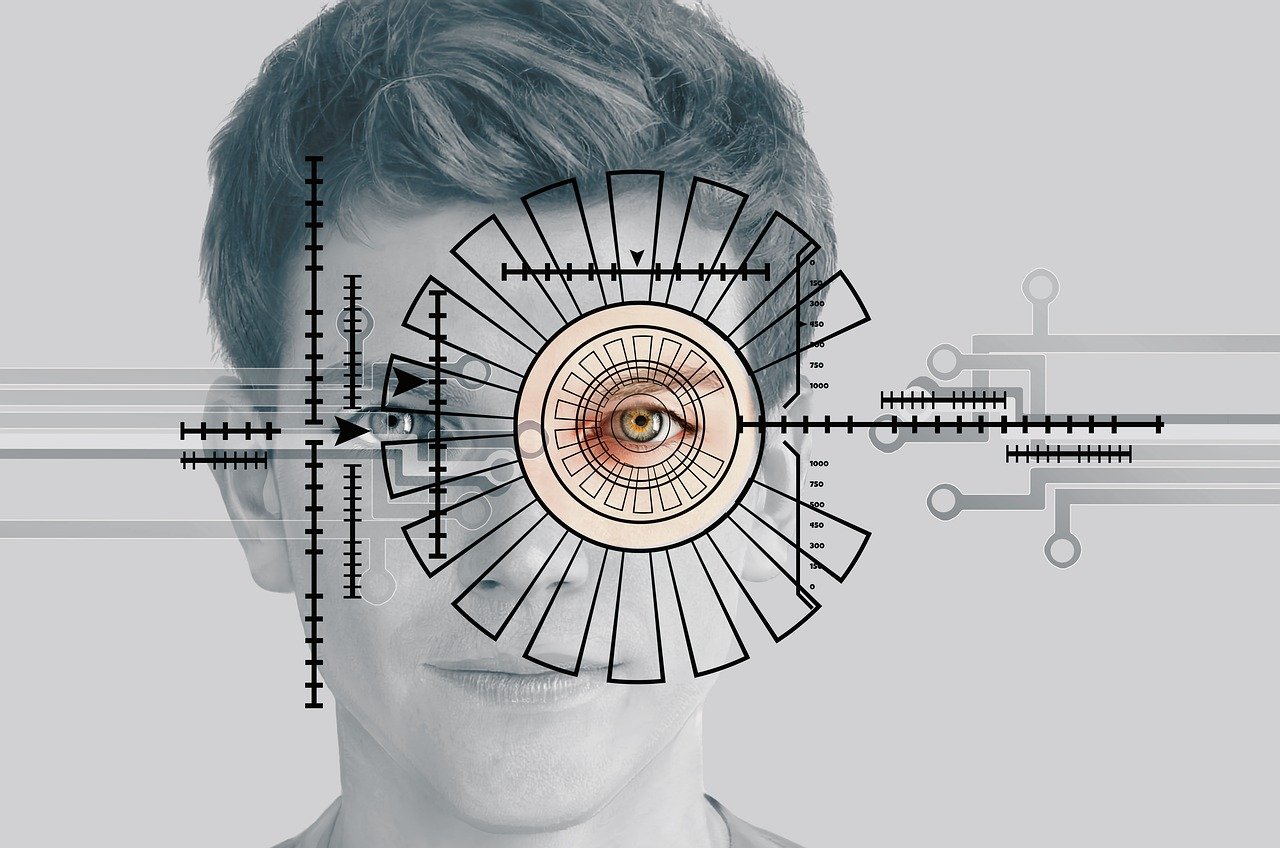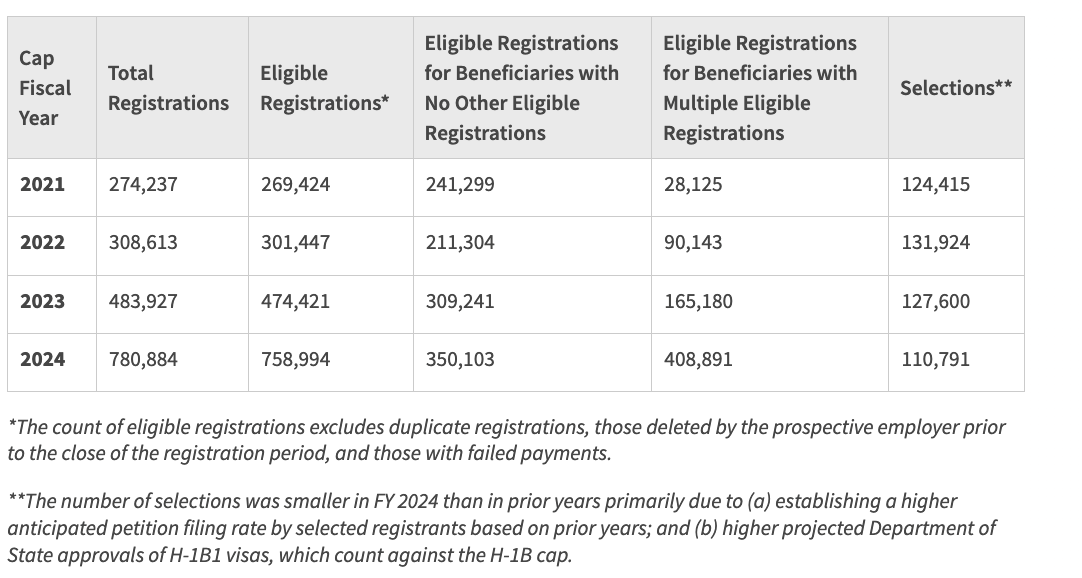The rumors are true. For the first time in nearly two decades, the Department of State (DOS) will process domestic visa renewals for certain H-1B visa applicants without requiring them to leave the United States.
This is all part of a new pilot program starting January 29, 2024, through April 1, 2024, that will allow 20,000 qualified H-1B nonimmigrant workers the opportunity to renew their visas domestically.
The Department of State hopes the pilot program will reduce heavy backlogs at more than 200 consular sections worldwide by making available an increased number of interview appointments for other visa categories, especially first-time travelers applying for business and tourism visas who require in-person interviews.
At the same time, DOS seeks to alleviate the burden on U.S. companies that employ H-1B workers by streamlining the visa renewal process.
The Department will accept applications for the pilot program starting January 29, 2024 on its webpage.
After the initial application period which ends on April 1st the Department will expand the scope of the program.
What are the Requirements to Participate?
Participation in this pilot will be limited to applicants who(se):
- Are seeking to renew an H–1B visa; during the pilot phase, the Department will not process any other visa classifications;
- Prior H–1B visa that is being renewed was issued by Mission Canada with an issuance date from January 1, 2020, through April 1, 2023; or by Mission India with an issuance date of February 1, 2021, through September 30, 2021;
- Are not subject to a nonimmigrant visa issuance fee (Note: this is commonly referred to as a “reciprocity fee”);
- Are eligible for a waiver of the in-person interview requirement;
- Have submitted ten fingerprints to the Department in connection with a previous visa application;
- Prior visa does not include a “clearance received” annotation;
- Do not have a visa ineligibility that would require a waiver prior to visa issuance;
- Have an approved and unexpired H–1B petition;
- Were most recently admitted to the United States in H–1B status;
- Are currently maintaining H–1B status in the United States;
- Period of authorized admission in H–1B status has not expired; and
- Intend to reenter the United States in H–1B status after a temporary period abroad.
Applicants that fall outside of this scope are not eligible to apply for a visa domestically.
 Visa Lawyer Blog
Visa Lawyer Blog












